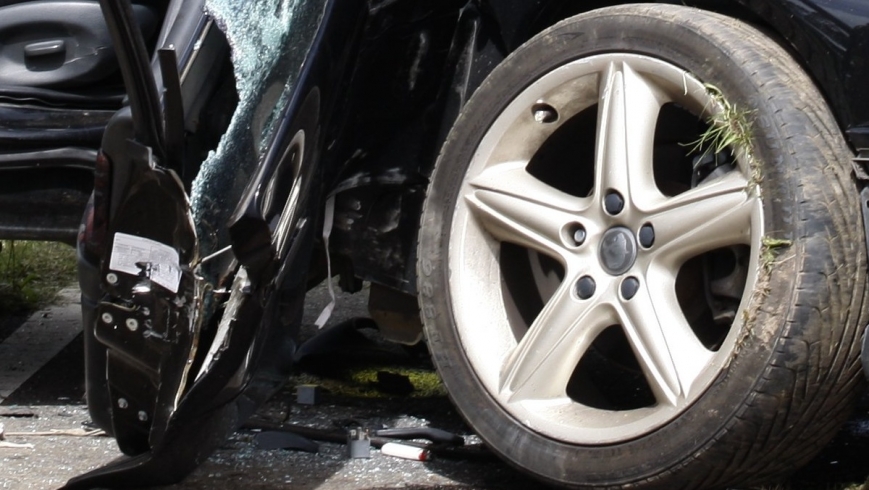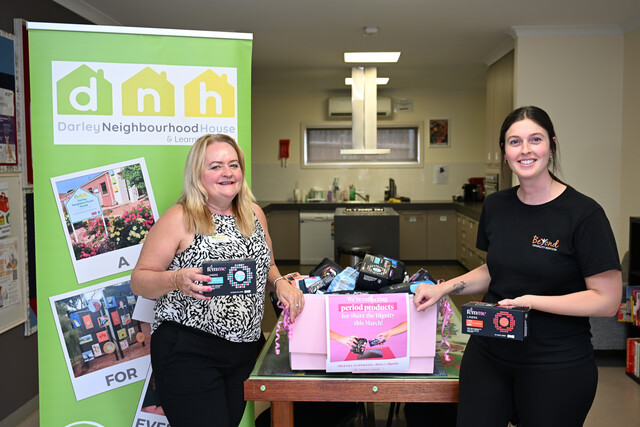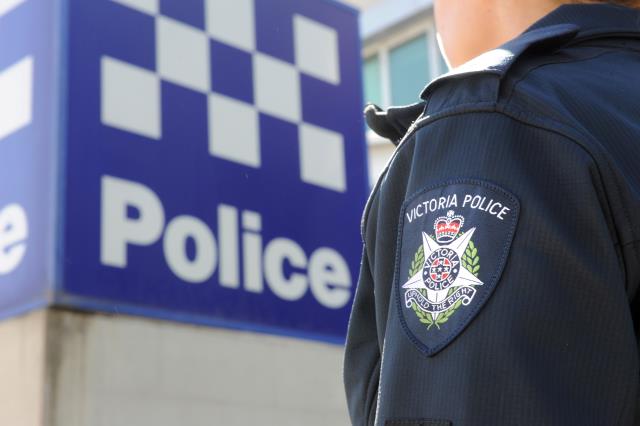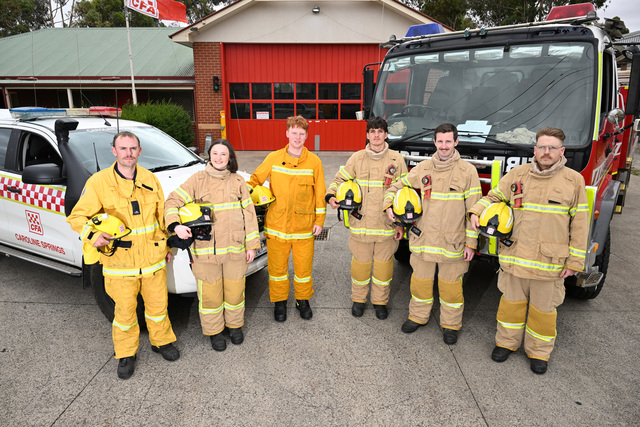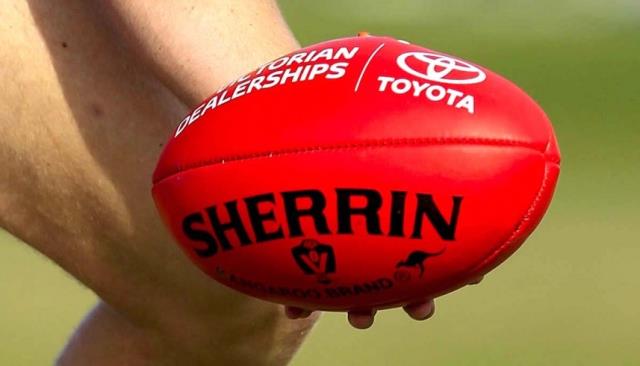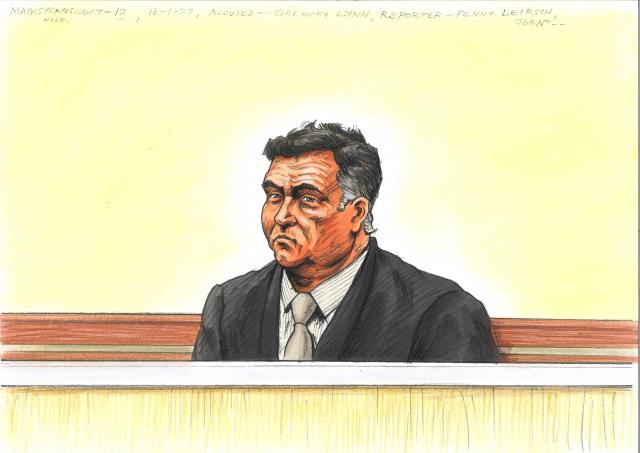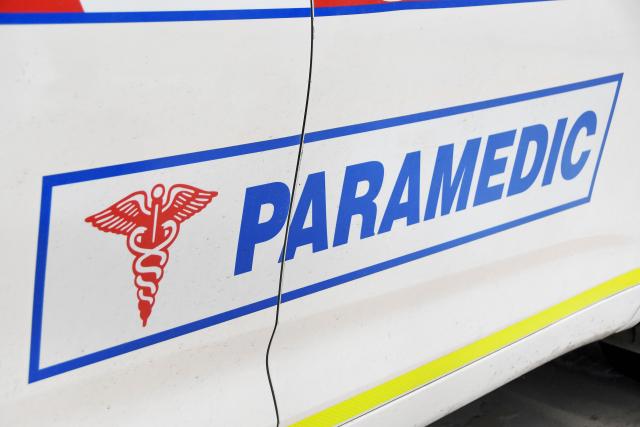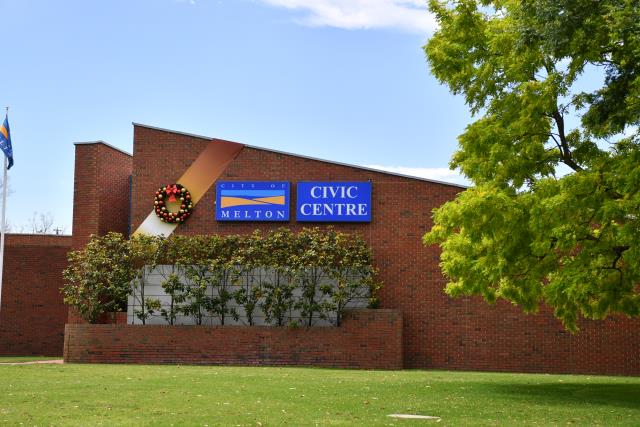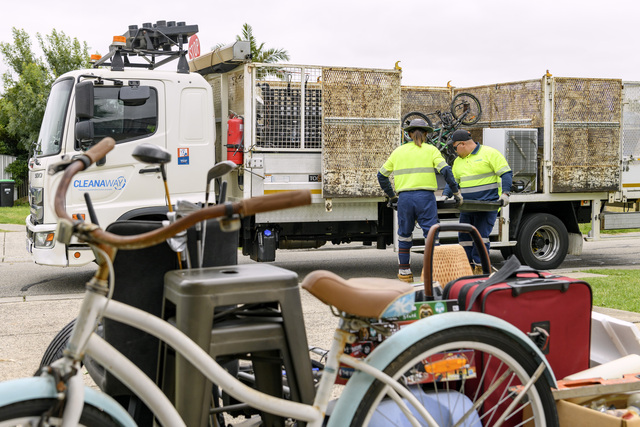Silence pierced the room as Amanda Pollard recounted the ripple effects of road trauma last Wednesday.
Ms Pollard had vowed to change the perception of at least one person after she was involved in a car accident six years ago – she had made a life-changing decision to drive while under the influence of alcohol.
The Point Cook resident has been working with Melton council and Road Trauma Support Services Victoria for the past two years to highlight road trauma does not discriminate.
“I used to be shocked watching TAC ads …and thinking that would never happen to me,” she said.
“But it can happen – if you text and drive, drive under the influence of alcohol or engage in any risky road behaviour, it’s only a matter of time before it happens to you.”
Assistant chief commissioner Robert Hill urged all drivers at last week’s biannual community safety forum to be vigilant.
“Road safety is a whole of community responsibility and we need everyone to speak up when they witness friends and family taking risks on the road,” he told Star Weekly.
Melton council road safety officer Jan Webb, who has run the forums for the past five years, said road performance data indicated the number of young drivers being killed or injured on the roads was actually decreasing, while feedback from drivers at the forums highlighted the effects of stories from victims and offenders.
“Even if we can influence and change the behaviour of one person, ultimately it could change someone’s life,” Ms Webb said.
Victims have to live with losing a loved one; offenders have to live with causing serious injury; and families have to live with the effects for the rest of their lives.
Ms Pollard reminded attendees of the horrific effects of being distracted while driving.
“A car is essentially a weapon and, if you get behind the wheel of a motor vehicle alcohol-affected or you’re not concentrating, the consequences are severe.
“Having a licence is a privilege not a right.”

